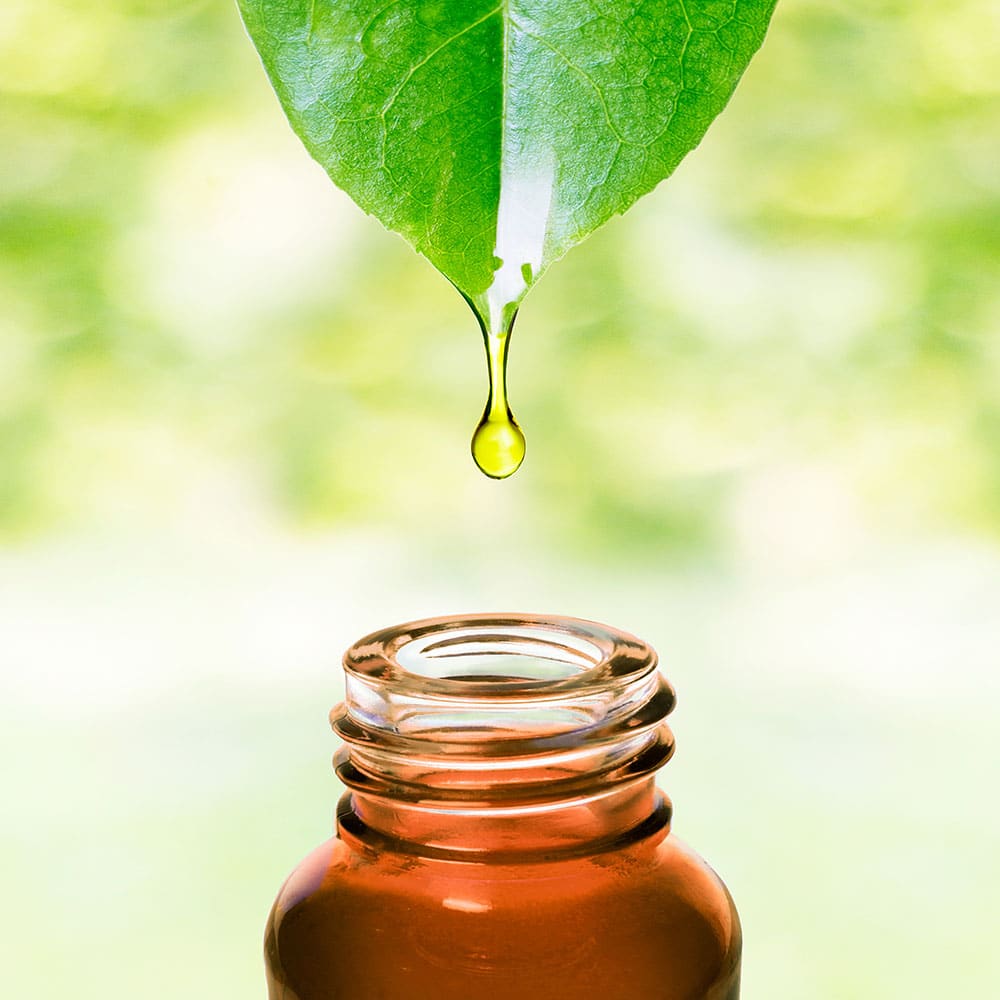Over 5.4 million Americans have been diagnosed with Alzheimer’s disease for which there is no known cure. But there is promising research holding great potential. There is a chemical directly responsible for growing new brain cells and neuroplasticity at any age called Brain Derived Neutrotrophic Factor.
BDNF is a natural wonder produced within the body that acts like a growth hormone for the brain, helps to protect against dementia, and enhances brain regeneration. BDNF relies on acetylcholine neurotransmitters that are required for proper memory, cognition, and learning. With age ACH decreases and breaks down which can lead to memory loss and dementia.
It is possible to help control levels of ACH and BDNH without prescriptions with use of a simple herb: SAGE. Sage comes from the Latin salvere which means to cure, and has been used traditionally to treat a wide range of illnesses attributed to its wide assortment of bioactive compounds. However this isn’t the kind of herb that is commonly found in kitchens, this is Sage Extract.
During clinical testing Sage Extract helped to reverse 70% of memory loss in otherwise healthy older participants, and reduced the breakdown of ACH by 53.52% helping to reverse deterioration due to aging and helping to grow new brains cells and boost memory. Sage extract also has anti-inflammatory, antispasmodic, antibacterial, and antimicrobial properties as well as showing potential effects for diabetes and gastric ulcers. No clinically important adverse reactions were reported.
In a randomized placebo controlled study published in the Journal of Clinical Pharmacy and Therapeutics testing safety of 60 daily drops of sage extract given to mild to moderate patients with AD aged 65 to 80, after 4 months those in the sage group produced significantly better cognitive outcomes as measured by ADAS-cog and CDR2 testing with no significant differences in side effects.
To further examine effects on memory an additional randomized, balanced, placebo controlled, 5 period, dose varying (167, 333, 666, and 1332 mg), cross over study was conducted on 20 participants for 4 days with a 7 day wash out period between each testing day. Subjects in the sage groups showed significant memory enhancement at all assessment times across testing days demonstrating that sage improves accuracy of attention and memory consolidation in older patients without AD; with best results being observed on 333 mg testing.
Next 2 crossover, balanced, placebo controlled, double blind studies were conducted on young adults without memory problems in one study at 50, 100, and 150 microliters involving 20 participants; and in the second study at 25 and 50 microliters involving 24 participants with a 7 day wash out period between dosage days. 50 microliter doses were found to significantly boost immediate word recall in both studies providing systematic evidence of acute modulation of cognition in healthy young adults, as published in the journal Pharmacological Biochemical Behavior.
Healthy volunteers given sage extract experienced an anxiolytic effects, with moods and cognitive performance being improved. Another study showed increased memory and attention in older subjects with a mean age of 72.95 years. In in vitro experiments with human leukocytes proinflammatory cytokines were suppressed. Aqueous extracts and phenolic compounds have demonstrated antioxidant potential.
Doses of more than 200 nL/mL of sage extract are hepatotoxic, and decreased cell viability was found at concentrations of 120 mcg/mL. Intraperitoneal lethal doses in rats were calculated at 4,000 mg/kg.
A review research 71 herbs published in the Journal of Ethnopharmacology found that sage extracts provides an array of critical anti-inflammatory properties, such as inhibiting NF-kB protein complex controlling many genes involved inflammation chronically active in many diseases ranging from atherosclerosis to IBD. The review also found the extracts can decrease pro-inflammatory interleukin-6; inhibit release of tumor necrosis factor; inhibit formation of pro-inflammatory leukotrienes, increase anti-inflammatory cytokine interleukin-10; and reduce COX-2.
Sage extracts are a source of acid compounds, resins, and flavones; published studies recognise it provides memory improvement in AD patients as well as in young and old healthy individuals. Sage extracts also inhibit many inflammatory diseases, diabetic factors, and menopausal flashes, among many other benefits.




